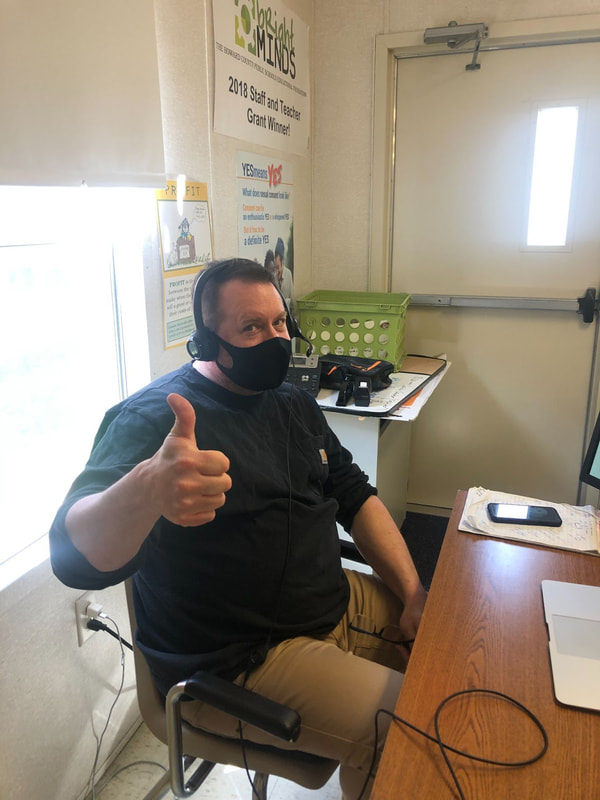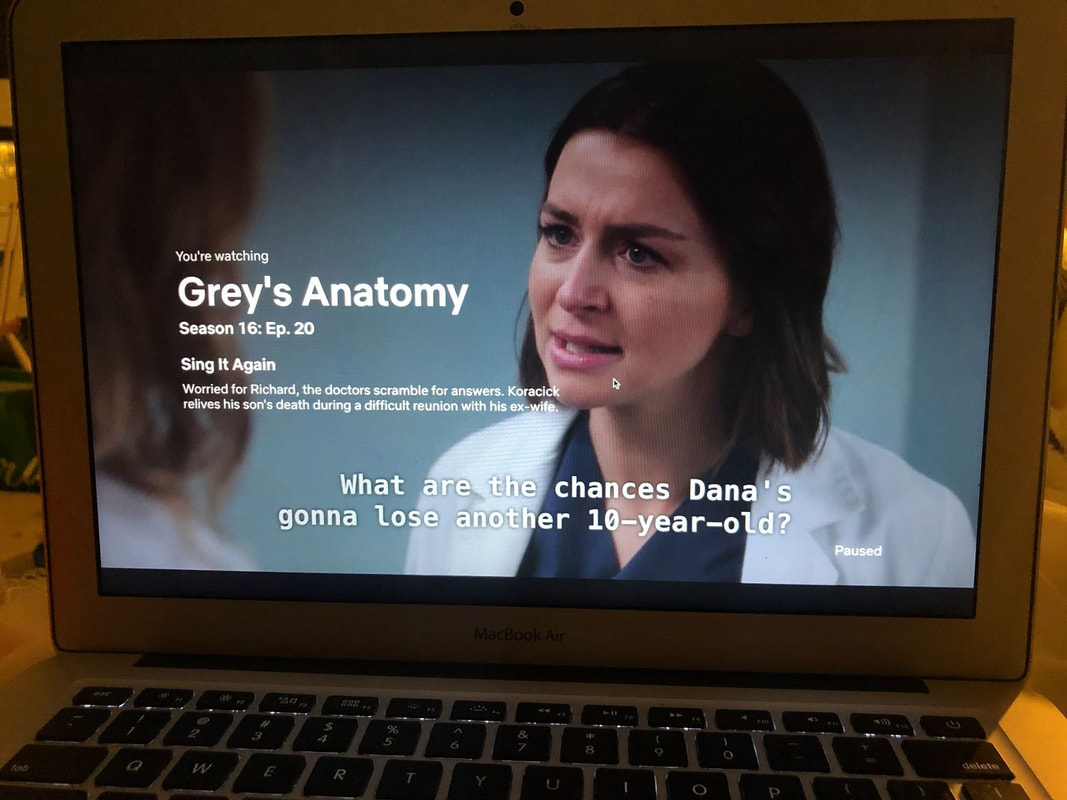Is Television Shows Representation of Professions Accurate?
Alexandra Perrus '22 Social Media Manager
|
T.V. shows always bring attention to some important professions we see in our everyday community, but are these roles being accurately portrayed? In Grey’s Anatomy, we see doctors not playing by the rules: cutting L-VAD wires, falling in love with patients, committing insurance fraud- all while still managing to keep their jobs. Many shows with police officers, like Chicago PD, make you believe that violent shootings happen everyday and officers are allowed to harass their suspects during interrogation. Then there are the television version of teachers, who have unusually close relationships with their students and seem to teach them for years when, in fact, students only have each teacher for one. I turned to professionals in our community to hear their reactions and commentary to the televised depictions of their careers.
Howard High Economics and History teacher, Mr. Hollander, is a strong leader in our school’s community. I asked him to watch an episode of Boy Meets World to observe Mr. Feeny, the show's history teacher and a positive role model for the Boy Meets World's students and main characters. Hollander shares a bias on the way his profession is portrayed, explaining, “I’ve never been a fan of T.V. shows or films that depict education or teachers. Often, they start off by showing the class sitting at their desks and the teacher walks in on the first day with their briefcase and starts writing on the board. How inaccurate! Or, the students sit silent and patiently as the teacher’s lecture at the front of the class,” He decided to watch season one, episode 8: “Teachers Bet” where Cory (the show’s main character) and Mr. Feeny switch roles for the week. According to Mr. Hollander, this situation would have no chance of happening in real life. Corey switching roles is extremely unrealistic because a child would not be able to fully run the class professionally, let alone be responsible enough to take care of so many children. Many students would not even listen or respect him, and schools would not allow such an interruption to class time. During Corey’s experience teaching, he hears a girl being called names based on her race and informs the class about this. Corey decides to connect this to their current book they are reading, “The Diary of Anne Frank”, and ends up teaching the class a great lesson. Mr. Hollander ends his review by saying, “In conclusion, there are some really bad shows that depict teachers in a wrong light, but this one was pretty good.” While the show depicted teachers in a good light and had a great message, it still had a really inaccurate portrayal of educators. |
|
Next Mrs. Stark, a nurse at Howard who worked at a hospital for almost 20 years, decided to provide her opinion on this issue. She watched Grey’s Anatomy, and chose season 16, episodes 19 and 20. First, Stark responded to the issue of whether she thinks Grey's Anatomy accurately portrays her career as a medical professional working in a hospital. Her response was a strong critique: “I can honestly say that Grey’s Anatomy does not give a true representation of working as a medical professional. There was a lack of nurses, techs, equipment, and physicians in all areas…. They attempt to glamorize a false hospital experience of a surgeon.” Stark continues, “There is an accountability perspective that is missing…. There is no true representation on nursing and its importance to the medical team.” If a hospital truly ran this way, she believes that it would not be safe or effective whatsoever. To be more realistic, Stark explains that they would have to add many characters (maybe too many) and a looser storyline. But with these additions, she also adds, the show would never be what it is today and it would lose the drama and fantasy all Grey’s fans love.
Howard County Police Department Sergeant Allie Ehart begins her criticism of the show Chicago PD by comparing it to real-life police work: “Suspects are not assaulted during interviews. They are un-cuffed (unless they’re a threat), read their rights, untouched by the officers, and offered a lawyer.” She continues, “Deals are not offered to suspects during the interview process in exchange for a confession…. Police involved shootings do not happen on a daily basis.” As far as local comparisons, Ehart emphasizes, “Howard County officers have a good relationship with their community.” If the things that happened in the show happened in real life, such as consistent shootings and gun fights, the community would be in constant fear of crime. Even though the extra action makes for an interesting show, it is in no way realistic- and we should be glad it isn’t. Mrs. Ehart explains, “The behavior of the officers on Chicago PD would never be tolerated in the Howard County Police Department.” Just like all other careers depicted on television, police officers in shows like Chicago PD do not accurately represent the day-to-day work of a real officer. |


